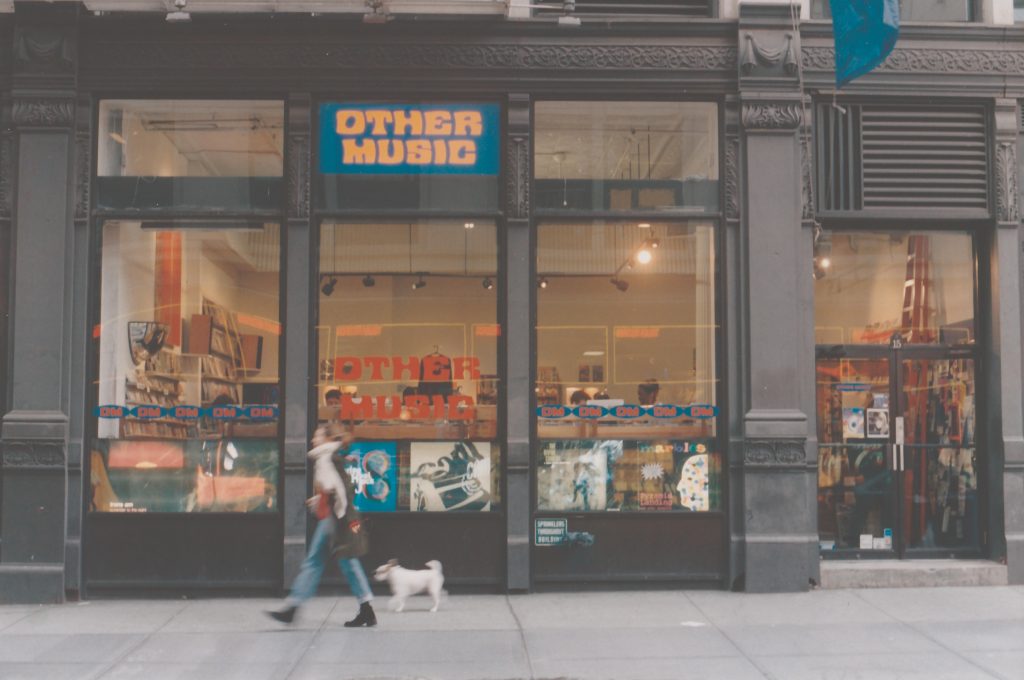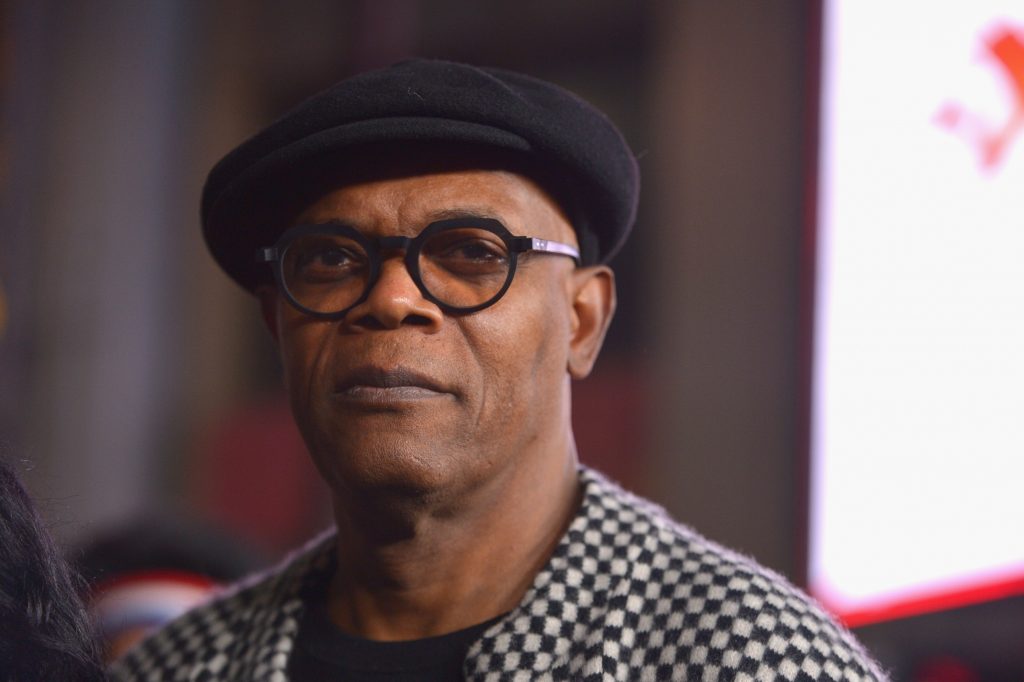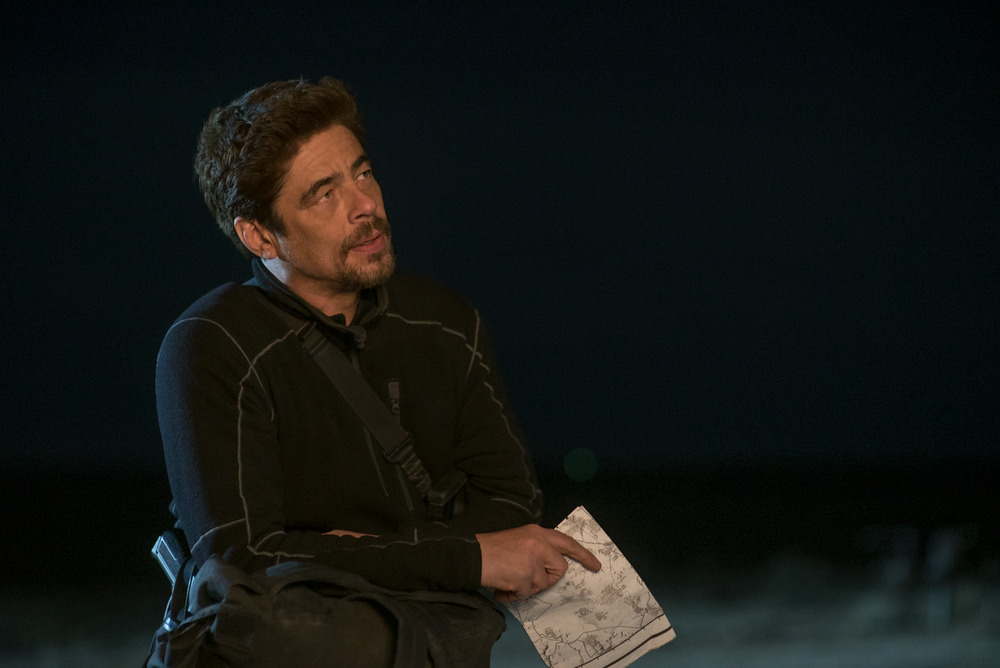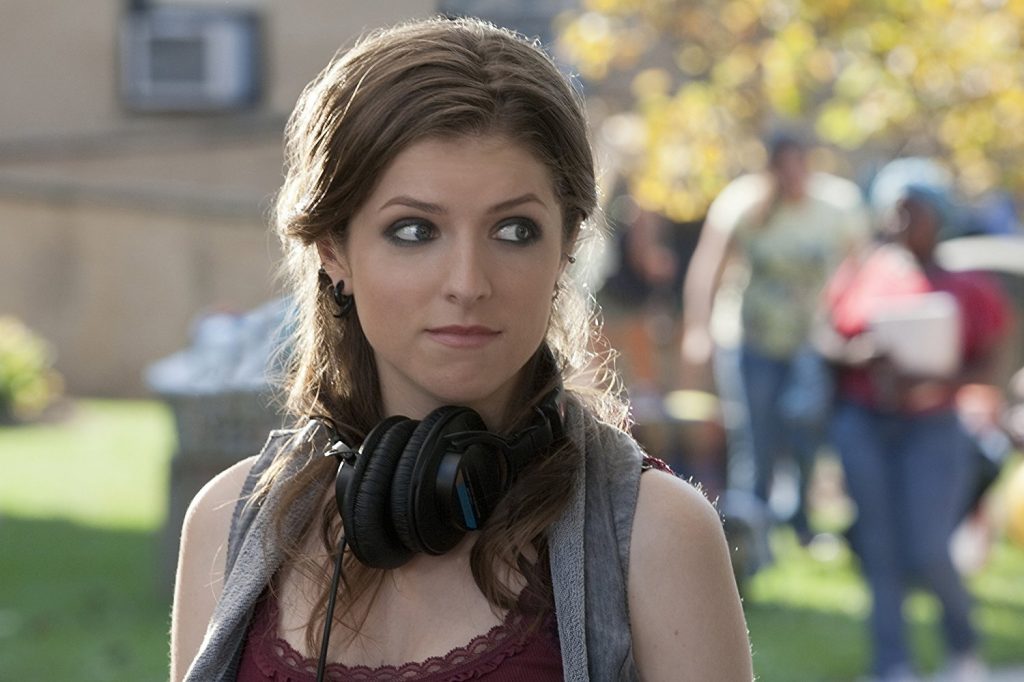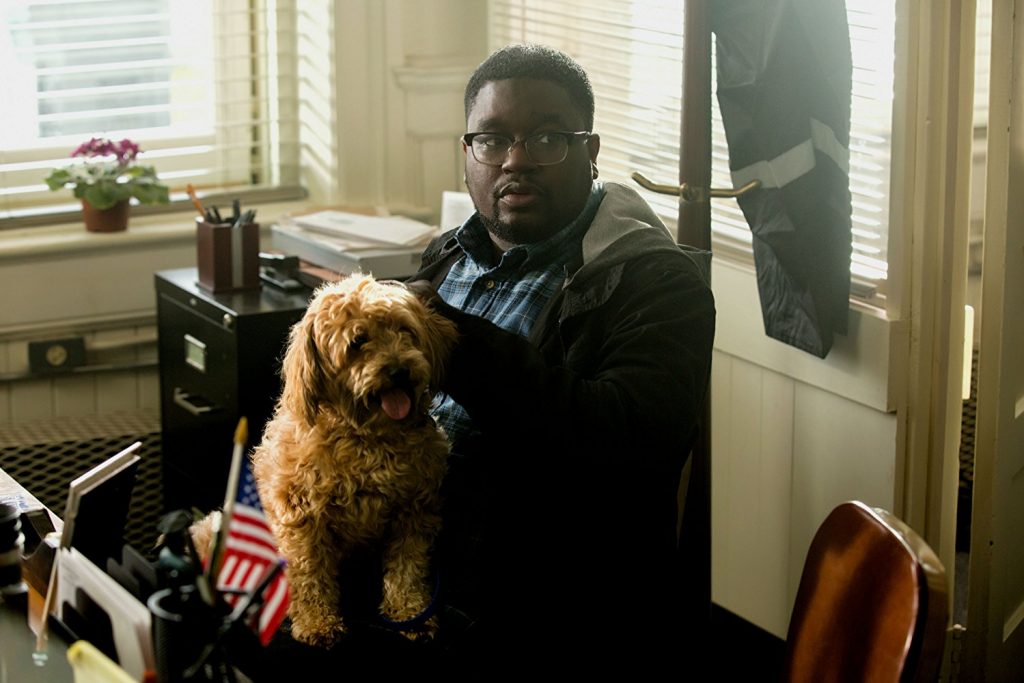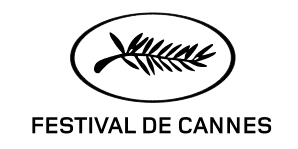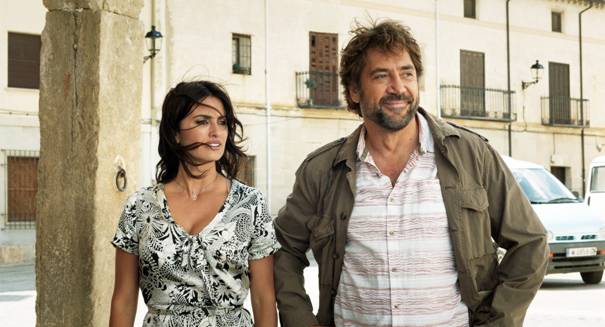October 22, 2021
by Carla Hay
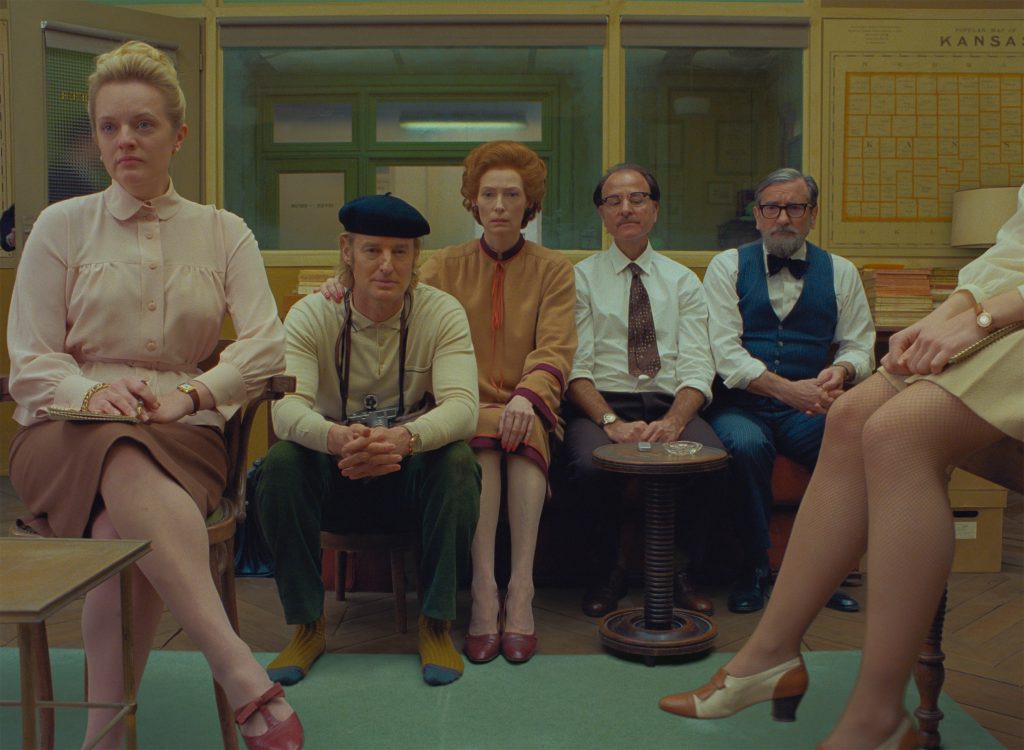
Directed by Wes Anderson
Some language in French with subtitles
Culture Representation: Taking place in the fictional city of Ennui-sur-Blasé, France, the comedy film “The French Dispatch” features predominantly white cast of characters (with a few black people, Latinos and Asians) representing the working-class, middle-class and wealthy.
Culture Clash: After the American editor of The French Dispatch magazine dies, his staffers gather to put together the magazine’s final issues, with four stories coming to life in the movie.
Culture Audience: “The French Dispatch” will appeal primarily to people who are fans of filmmaker Wes Anderson and of arthouse movies that have well-known actors doing quirky comedy.
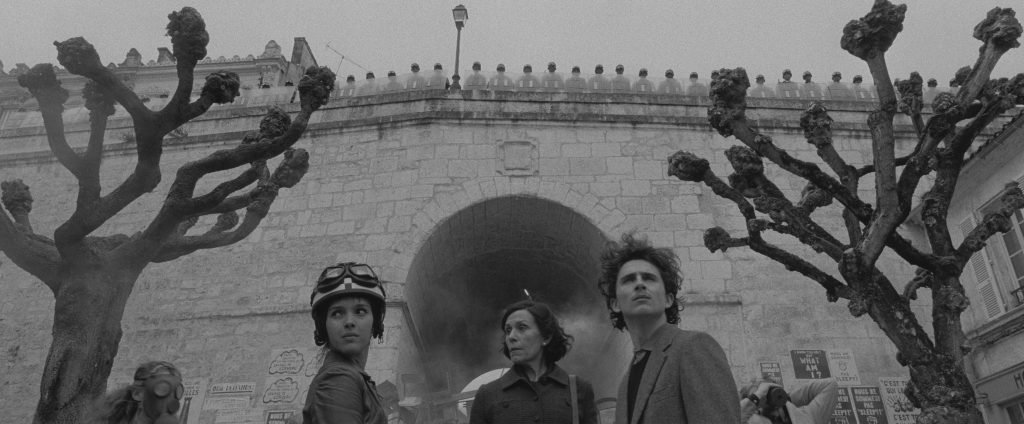
At times, “The French Dispatch” seems like an overstuffed clown car where filmmaker Wes Anderson tried to fit in as many famous actors as possible in this movie. This star-studded cast elevates the material, which is good but not outstanding. Anderson’s style of filmmaking is an acquired taste that isn’t meant to be for all moviegoers. He fills his movies with retro-looking set designs, vibrant cinematography and snappy dialogue from eccentric characters. “The French Dispatch,” written and directed by Anderson, takes an anthology approach that doesn’t always work well, but the fascinating parts make up for the parts that are downright boring.
The movie revolves around a fictional magazine called The French Dispatch of the Liberty, Kansas Evening Sun (also known as The French Dispatch), which is a widely circulated American magazine based in the fictional city of Ennui-sur-Blasé, France. The French Dispatch was founded in 1925. The movie opens in 1975, when the French Dispatch editor/owner Arthur Howitzer Jr. (played by Bill Murray), an American originally from Kansas, has died in the magazine’s offices. The employees have gathered to work on his obituary and reminisce about him and the magazine’s history.
Arthur appears in flashbacks throughout the movie. In one of the flashbacks, Arthur has told his top-ranking staffers that he has put a clause in his will which requires that The French Dispatch will stop publishing after he dies. The staffers are melancholy and a bit disturbed when they hear about this decision. Arthur is loved and respected by his employees, so they oblige his request. Therefore, they know that the French Dispatch issue that will have Arthur’s obituary will also be the magazine’s final issue.
The French Dispatch is a magazine that is known for its collection of stories. In “The French Dispatch” movie, four of these stories come to life and are told in anthology form, with each story told by someone from the magazine’s staff. Some scenes are in color, and other scenes in black and white. Anderson says in the movie’s production notes that The French Dispatch was inspired by his love for The New Yorker magazine. That’s all you need to know to predict if you think this movie will be delightful or pretentious.
The French Dispatch staffers are mostly Americans. They including copy editor Alumna (played by Elisabeth Moss), cartoonist Hermès Jones (played by Jason Schwartzman), an unnamed story editor (played by Fisher Stevens), an unnamed legal advisor (played by Griffin Dunne), an unnamed proofreader (Anjelica Bette Fellini) and an unnamed writer (played by Wally Wolodarsky). All of these aforementioned staffers don’t have in-depth personalities as much as they have the type of quirky reaction conversations and stagy facial expressions that people have come to expect from characters in a Wes Anderson movie. A running joke in “The French Dispatch” is how obsessive Alumna and proofreader are about things such as comma placement.
The staffers who get more screen time and more insight into their personalities are the four staffers who tell their stories. The first story is told in travelogue form by Herbsaint Sazerac (played by Owen Wilson), whose title is cycling reporter. Herbsaint travels by bicycle to various parts of the city. He has a penchant for going to the seedier neighborhoods to report what’s going on there and the history of how certain locations have changed over the years. During his travels, he visits three other French Dispatch writers who tell their stories. They are J.K.L. Berensen (played by Tilda Swinton), who is the magazine’s flamboyant art critic; Lucinda Krementz (played by Frances McDormand), a secretive essayist who likes to work alone; and Roebuck Wright (played by Jeffrey Wright), a lonely and brilliant writer with a typographic memory.
J.K.L.’s story is “The Concrete Masterpiece,” which is about the how a “criminally insane” painter named Moses Rosenthaler (played by Benicio del Toro as a middle-aged man and by Tony Revolori as a young man) is discovered and exploited while Moses is in prison for murder. One of the paintings that first gets attention for Moses is a nude portrait of a prison guard named Simone (played by Léa Seydoux), who is his muse and his lover. Moses has a makeshift art studio in prison for these intimate painting sessions, which he is able to do because Simone gives him a lot of leeway and protection from being punished.
An unscrupulous art dealer named Julian Cadazio (played by Adrien Brody), along with his equally corrupt and greedy uncles Nick (played by Bob Balaban) and Joe (played by Henry Winkler), find out about Moses’ talent and are eager to make huge profits off of Moses’ work. These art vultures figure that they can take advantage of Moses because he’s in prison. Julian, Nick and Joe get a tizzy over how much money they can make off of Moses, who is a mercurial and unpredictable artist. Imagine these art dealers’ panic when Moses decides he’s going to stop painting until he feels like painting again. There’s also a Kansas art collector named Upshur “Maw” Clampette (played by Lois Smith) who comes into the mix as a potential buyer.
“The Concrete Masterpiece” is the movie’s highlight because it adeptly weaves the absurd with harsh realism. Swinton is a hilarious standout in her scenes, because J.K.L. is quite the raconteur. She delivers her story as a speaking engagement in front of an auditorium filled with unnamed art people. It’s like a pompous lecture and bawdy stand-up comedy routine rolled into one. You almost wish that Anderson would make an entire movie about J.K.L. Berensen.
Lucinda’s story is “Revisions to a Manifesto,” which chronicles a youthful uprising in the French town of Ennui, when young people stage a labor strike that shuts down the entire country. At the center of this youthful rebellion are two lovers named Zeffirelli (played by Timothée Chalamet) and Juliette (played by Lyna Khoudri). Zefferelli (a college student) is the sensitive and romantic one in this relationship, while Juliette has a tendency to be aloof and no-nonsense. Although “Revisions to a Manifesto” has some visually compelling scenes depicting the strikes and protests, the overall tone of this story falls a little flat. Chalamet’s performance is very affected, while McDormand is doing what she usually does when she portrays a repressed character.
Roebuck’s story “The Private Dining Room of the Police Commissioner,” which is a tale of kidnapping and other criminal activities. The story starts off being about a famous chef named Nescaffier (played by Stephen Park), who is hired to serve Ennui-sur-Blasé’s police commissioner (played by Mathieu Amalric), who is just named The Commissaire in the story. But then, the story becomes about The Comissaire’s son/crime-solving protégé Gigi (played by Winsen Ait Hellal), who gets kidnapped by some thugs, led by someone named The Chauffeur (played by Edward Norton). The kidnappers say that Gigi will be murdered unless a recently arrested accountant named Albert (played by Willem Dafoe), nicknamed The Abacus, is set free from jail.
“The Private Dining Room of the Police Commissioner” ends up being too convoluted and somewhat sloppily executed. Liev Schreiber has a small role as a Dick Cavett-type TV talk show host who interviews Roebuck on the show. There’s some whimsical animation in this part of the movie. But ultimately, “The Private Dining Room of the Police Commissioner” is a story about a lot of people running around and making threats with no real sense of danger.
Although it’s admirable that Anderson was able to attract so many famous actors in this movie, after a while it seems like stunt casting that can become distracting. Viewers who watch “The French Dispatch” will wonder which famous person is going to show up next. Some well-known actors who make cameos in “The French Dispatch” include Christoph Waltz, Saoirse Ronan and Rupert Friend. Anjelica Huston is the movie’s voiceover narrator.
“The French Dispatch” can almost become a game of Spot the Celebrities, since there are so many of them in this movie. That being said, there isn’t a bad performance in the bunch. However, the movie would’ve benefited from taking a chance on casting lesser-known but talented actors in some of the prominent speaking roles, in order to make the film a more immersive viewing experience instead of it coming across as an all-star parade.
Despite its flaws, there’s no doubt that “The French Dispatch” is a highly creative film that has Anderson’s unique vision and artistic flair. He has a love of language and a knack for keeping viewers guessing on what will happen next in his movies. And these bold risks in filmmaking are better than not taking any risks at all.
Searchlight Pictures released “The French Dispatch” in U.S. cinemas on October 22, 2021.

